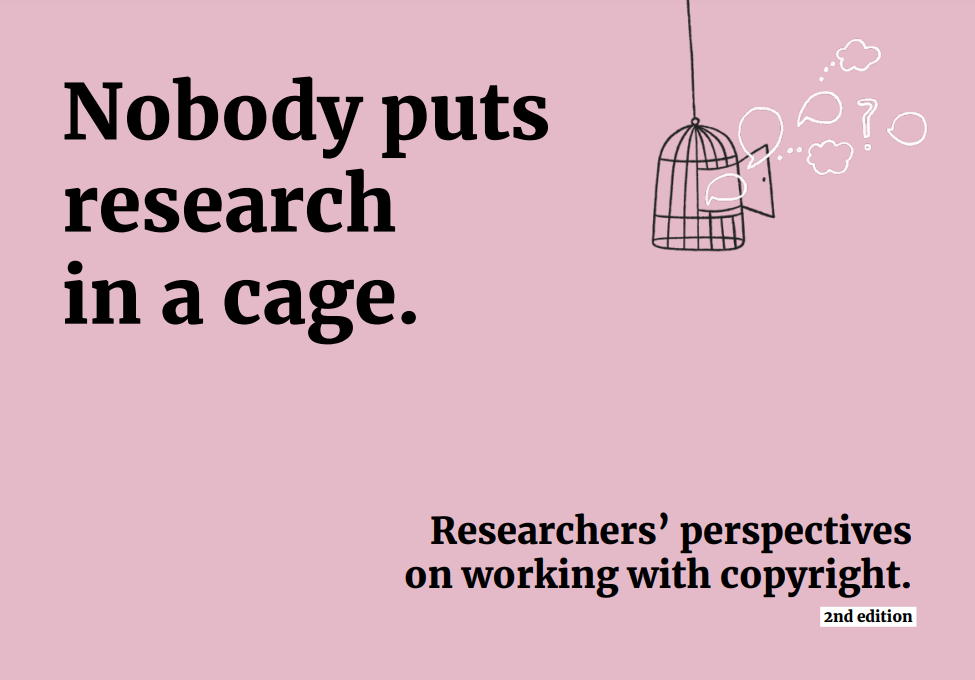
Nobody Puts Research in a Cage
Nobody Puts Research in a Cage https://opusproject.eu/wp-content/uploads/2024/03/53466.png 975 680 Open and Universal Science (OPUS) Project Open and Universal Science (OPUS) Project https://opusproject.eu/wp-content/uploads/2024/03/53466.pngIn the labyrinthine corridors of scientific inquiry, access to knowledge isn’t merely a luxury—it’s the very foundation upon which discoveries are built. However, these corridors are often barricaded by copyright and related rights, leaving researchers stranded in legal gray zones or stifled by restrictive laws. The Right to Research, a fundamental tenet, faces numerous hurdles due to outdated copyright frameworks, hindering progress and collaboration in the scientific community.
Across the globe, researchers navigate a complex web of copyright laws, some offering broad exceptions and flexibilities, while others impose prohibitive restrictions. The European Union recently embarked on a reform journey to mitigate these obstacles, notably embracing Text and Data Mining (TDM), a modern method crucial for sifting through vast troves of data. However, while this represents a step forward, it falls short of addressing all the needs of researchers.
A critical limitation arises in the realm of communication rights. The inability to share research results due to copyright constraints obstructs transparency, impedes compliance with open access requirements, and stifles collaborative endeavors. The struggle isn’t merely academic; it’s a tangible barrier that impedes progress on a global scale.
To shed light on these challenges, the Right to Research in International Copyright Law project conducted interviews with European and non-European researchers. Their experiences paint a vivid picture of the hurdles they face daily. From restricted access to national libraries to the inability to scrape online content, each story underscores the urgency for reform.
The call for change echoes not only at the national but also at the EU and international levels. At the national level, policymakers must amend copyright laws to accommodate research needs, ensuring access to all forms of copyrighted materials. Simultaneously, they must safeguard research uses from contractual and technological overrides.
Within the EU, while TDM has gained ground, broader research rights are imperative to foster a level playing field and facilitate cross-border initiatives. This necessitates a comprehensive exception to copyright for scientific research, empowering researchers to reproduce and share protected materials seamlessly.
Internationally, policymakers must collaborate on establishing non-binding instruments to support copyright reforms conducive to scientific research. An international agreement on minimum standards for research is crucial to harmonize laws globally and foster cross-border collaboration.
The path forward is clear: unlocking the gates of knowledge demands a concerted effort to reform copyright laws. By protecting the Right to Research at all levels, we pave the way for a future where innovation knows no bounds. It’s time to tear down the barriers that obstruct the pursuit of knowledge and embrace a world where the doors to discovery swing wide open for all.
Editors:
Teresa Nobre, COMMUNIA
Maria Drabczyk, Centrum Cyfrowe
Eric Luth, Wikimedia Sverige
Deborah De Angelis, DDA Law Firm
Maja Bogataj Jančič, Intellectual Property Institute
Designer:
Magda Arażny, magdarysuje.pl
- Posted In:
- Open Science News




